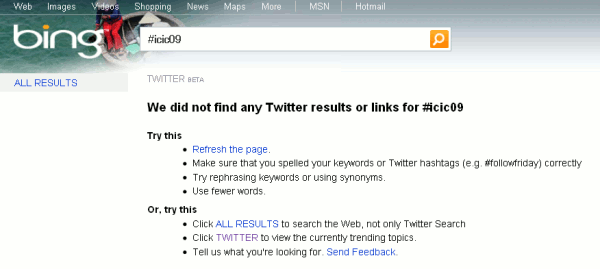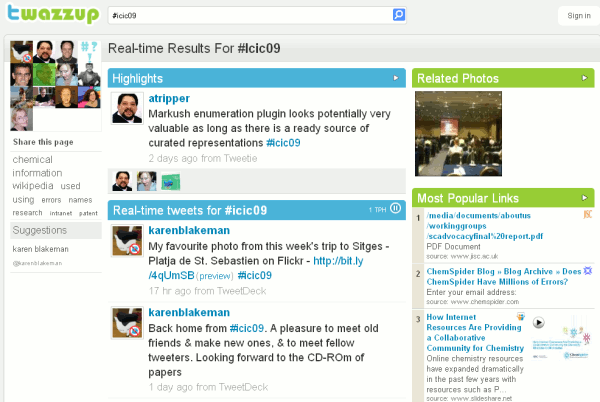News broke this morning that Furl, the online bookmarking service, has been “absorbed” by Diigo and is to be phased out. The Furl web site says:
“We worked hard to find Furl a home where loyal users like you could continue to benefit from best-of-breed social bookmarking and annotation tools. Hands down, Diigo.com was the winner due to its innovative approach to online research tools and knowledge sharing.
The Diigo team is dedicated to making sure you continue to get top notch features and service. They’ve got a crack team of technologists who love making research and knowledge sharing as easy and efficient as possible.”
Frankly, I’m not surprised. Despite having a vastly superior range of features to Del.icio.us it has never managed to match the latter’s publicity. It has always remained in the backwaters of social boomarking, being used mostly by researchers who need to annotate their bookmarks, download or back up files, or archive copies of pages they have referred to in reports. The last is what had appealed to many of my clients. One of the problems with using information from free web pages – even on government sites – is that the content can change within minutes of you having completed your analysis and report. The client may then come back and point out the the cited page does not have the data you claim, or even worse, has disappeared. Furl allowed you to archive a copy of the page as it was when you visited it. I must confess that I was always uneasy about this part of the service as I suspected that in some cases it would be a breach of copyright, but the alternative is to either use the Wayback Machine (not reliable) or keep a local copy with something like Scrapbook for Firefox.
I don’t use online bookmarking services. I travel extensively and am often in situations where the wi-fi is unreliable or non-existent, so I prefer to have as much of my reference material available offline as is possible. Many of my clients do make extensive use of them, though, so I have tested several over the past couple of years – Del.icio.us, Furl, Connotea, 2Collab. Of them all I found Furl to be the most useful for what I call “serious” business resource management.
On Furl this morning there are options to transfer to Diigo. I decided to test it out and went for the the new user option but was told that my email address for the login had “already been taken”. The fact that I had forgotten trying Diigo is worrying; I was obviously so unimpressed the first time around that I did not record the details. I assumed that I had used my default password for testing new services and it worked. Diigo is now busy importing my Furl files.
I only hope that Diigo has improved since my last unmemorable visit and that it will combine the best of both services to provide an even better one. But, as we all know, online life’s not like that.

